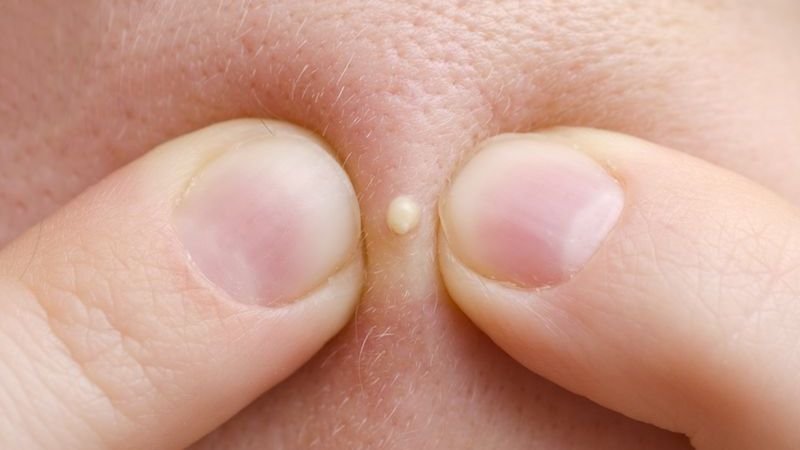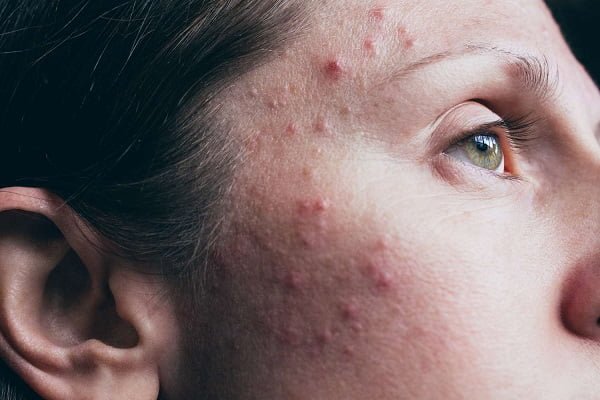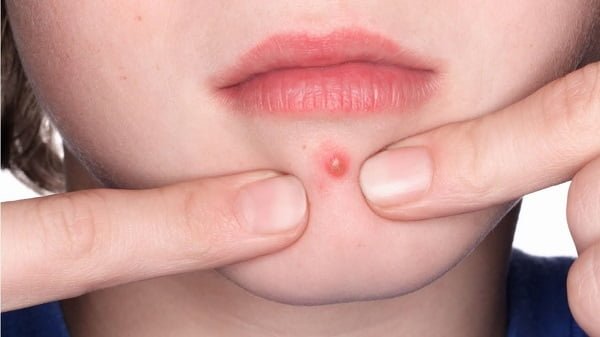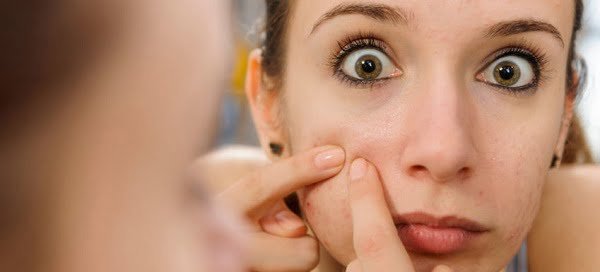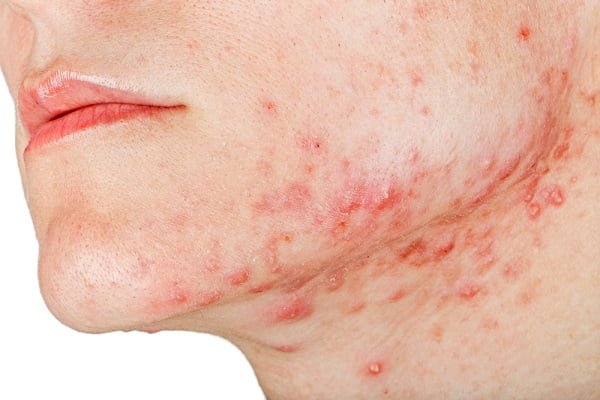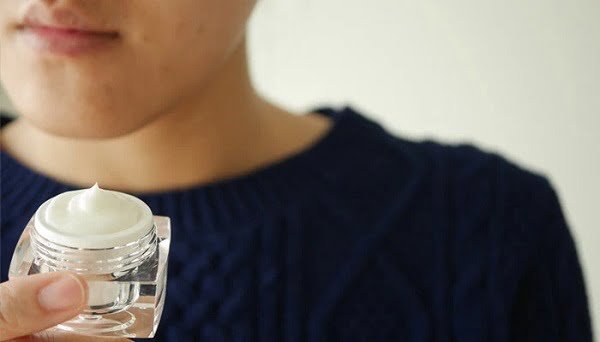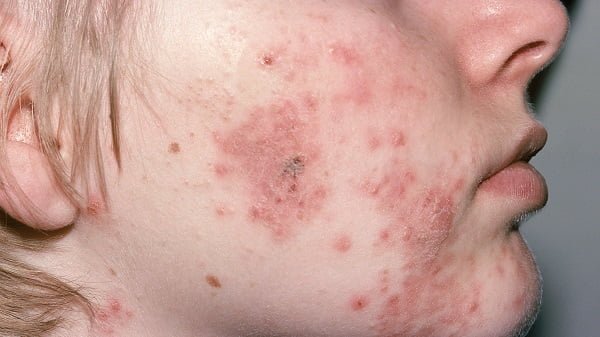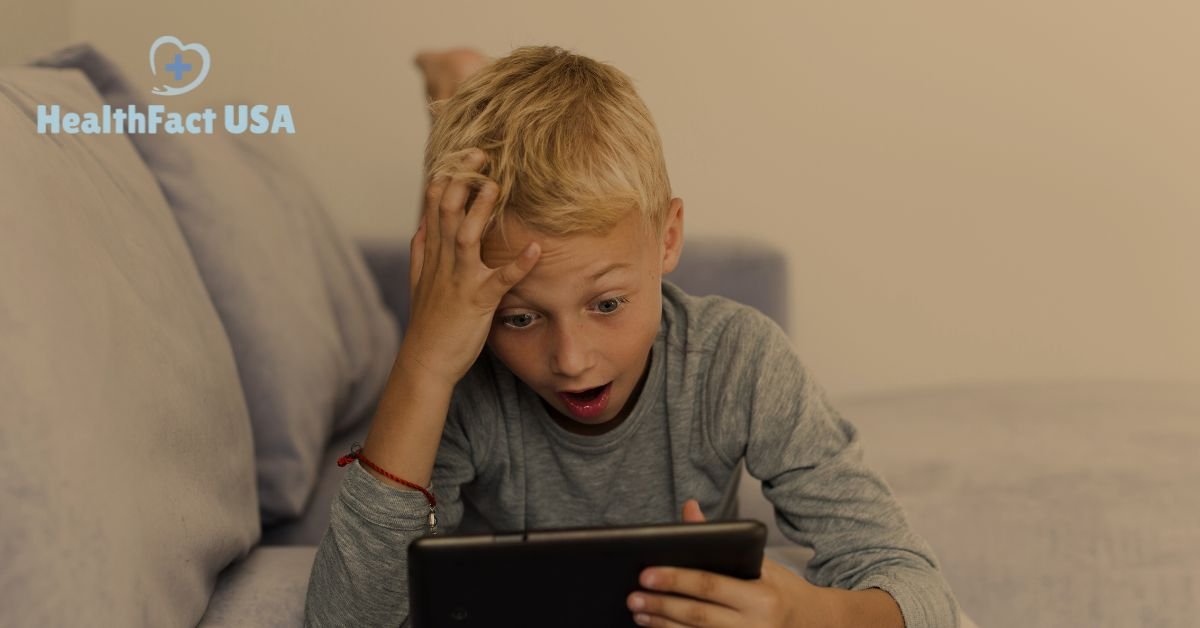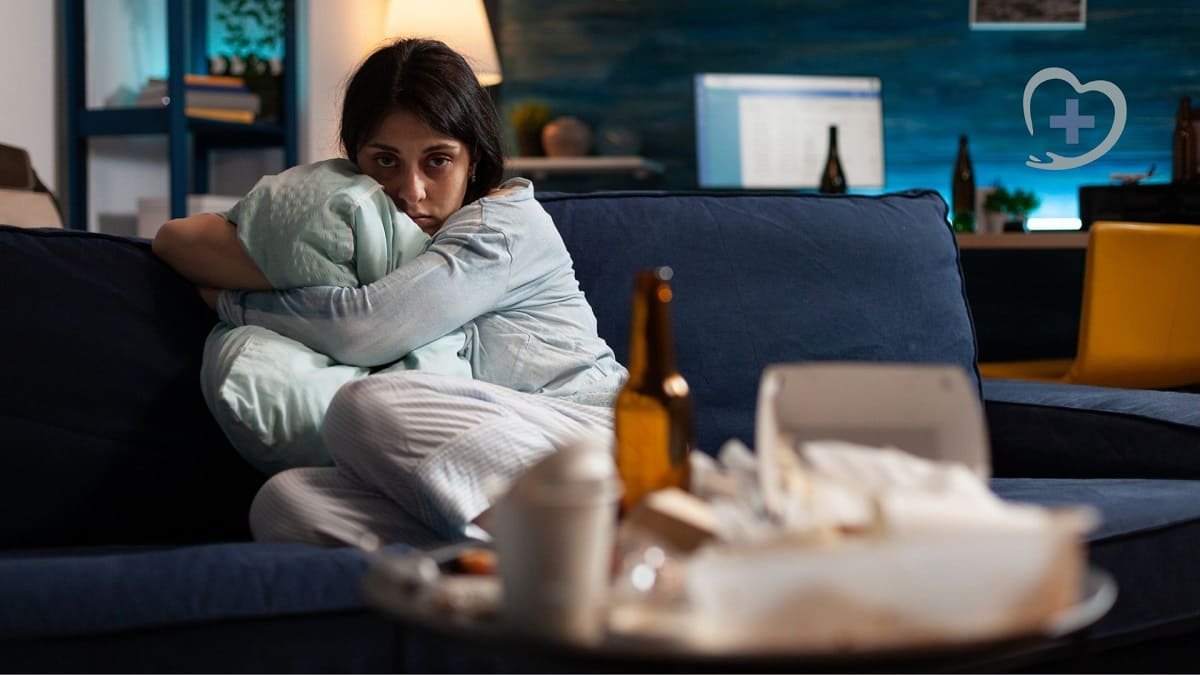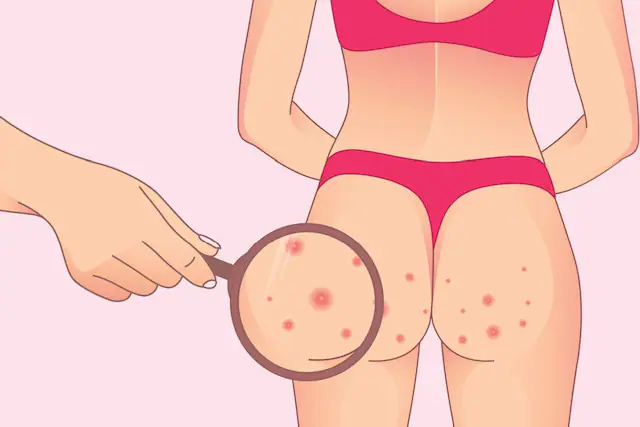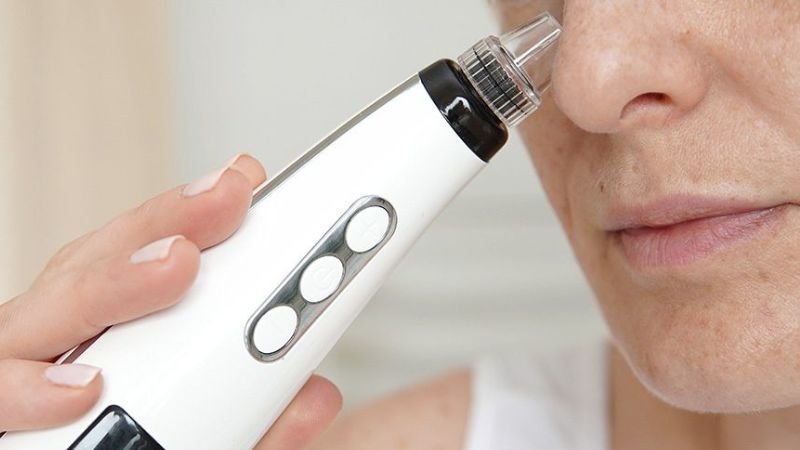Introduction
Popping pimples is a common habit for many people seeking quick relief from unsightly blemishes. However, have you ever wondered what happens if you resist the urge to pop a pimple? Contrary to popular belief, leaving a pimple untouched can actually be better for your skin in the long run. In this blog, we’ll delve into the scientific explanation behind what happens to the pus when you don’t pop a pimple and why it’s often the best course of action for healthy skin. Additionally, we’ll address the effectiveness of modern skincare solutions such as pimple patches in managing acne, including challenging types like hormonal acne, providing insights into alternative methods for managing breakouts without resorting to popping
Understanding Pimples and Pus:
Pimples, also known as acne lesions, are inflammatory skin conditions caused by clogged pores, excess oil production, and bacteria growth. When a pore becomes blocked with oil, dead skin cells, and bacteria, it can lead to the formation of a pimple. As the body’s immune system responds to the infection, pus—a mixture of dead white blood cells, bacteria, and debris—accumulates within the pimple, causing it to swell and become inflamed.
Pimple pus is predominantly composed of a mixture of dead white blood cells (leukocytes), bacteria, and cellular debris. White blood cells, also known as leukocytes, are a crucial part of the body’s immune response system. When a pore becomes clogged with excess sebum, dead skin cells, and bacteria, the immune system reacts by sending white blood cells to the affected area to combat the infection.
Within the pus, the predominant type of white blood cells are neutrophils, which are specialized cells that engulf and destroy pathogens. As these neutrophils work to eliminate the bacteria, they undergo apoptosis, a process of programmed cell death. The remnants of these dead neutrophils, along with the bacteria they have ingested and other cellular debris, form the pus that is visible within a pimple.
In addition to white blood cells and bacteria, pus may also contain various chemicals and substances produced by the immune system, such as cytokines, chemokines, and enzymes. These molecules play essential roles in the inflammatory response, helping to recruit immune cells to the site of infection and regulate the immune response.
Overall, the composition of pimple pus reflects the body’s efforts to combat bacterial infection and inflammation within the skin’s pores. Understanding the components of pus can provide insights into the underlying mechanisms of acne and guide treatment strategies aimed at reducing inflammation and preventing bacterial growth.
What Happens When You Don't Pop a Pimple?
Contrary to popular belief, popping a pimple can actually worsen the inflammation and increase the risk of scarring and infection. When you resist the urge to pop a pimple, several natural processes occur within the skin to help it heal:
- Absorption: The body’s immune system works to contain and eliminate the bacteria and debris trapped within the pimple. Over time, the pus may be reabsorbed back into the body or expelled through the skin’s surface as the pimple heals.
- Resolution: Without intervention, the body’s natural inflammatory response gradually subsides, leading to a reduction in swelling and redness. As the inflammation resolves, the pimple may shrink in size and eventually disappear on its own.
- Scar Prevention: Allowing a pimple to heal naturally minimizes the risk of scarring, as the surrounding skin tissue remains intact. Popping a pimple can disrupt the skin barrier and increase the likelihood of post-inflammatory hyperpigmentation or permanent scarring.
- Skin Repair: The skin undergoes a process of repair and regeneration, with new collagen fibers forming to support healthy skin tissue. By avoiding trauma to the skin, you allow the body to repair itself more effectively, resulting in smoother, clearer skin over time.
The Importance of Proper Skincare:
While it’s generally best to leave pimples alone and allow them to heal naturally, proper skincare practices can help prevent breakouts and promote healthy skin:
– Gentle Cleansing: Wash your face twice daily with a mild cleanser to remove excess oil, dirt, and impurities without stripping the skin of its natural moisture.
– Exfoliation: Use a gentle exfoliant containing salicylic acid or alpha hydroxy acids to help unclog pores and remove dead skin cells, reducing the risk of future breakouts.
– Moisturization: Use a non-comedogenic moisturizer to keep the skin hydrated and balanced, preventing dryness and irritation that can exacerbate acne.
– Spot Treatment: Apply a topical acne treatment containing ingredients like benzoyl peroxide or tea tree oil to target individual pimples and reduce inflammation.
Conclusion:
Resisting the temptation to pop a pimple allows the body’s natural healing processes to take place, resulting in smoother, clearer skin with minimal risk of scarring or infection. By understanding the science behind what happens when you don’t pop a pimple, you can make informed decisions about skincare and promote optimal skin health in the long term. Remember to prioritize gentle skincare practices and seek professional guidance if you have persistent or severe acne concerns.
Faq related to "where does the pus go if you don’t pop a pimple"
Yes, if you don’t pop a pimple, the pus inside will often resolve on its own over time. The body’s immune system works to contain and eliminate the bacteria and debris trapped within the pimple, leading to a gradual reduction in inflammation and pus accumulation.
If left untreated, the pus inside a pimple may be reabsorbed back into the body or expelled through the skin’s surface as the pimple heals. The body’s natural processes of inflammation resolution and tissue repair help facilitate the removal of pus and the healing of the affected area.
While it’s rare for pus from a single pimple to spread to other areas of the skin, the bacteria and inflammation associated with untreated acne lesions can potentially lead to the development of new pimples nearby. Practicing good skincare habits and avoiding touching or picking at pimples can help prevent the spread of bacteria and inflammation.
Yes, as the inflammation and pus inside the pimple subside, the pimple will often shrink in size and become less noticeable. Allowing the pimple to heal naturally without intervention can help minimize scarring and promote smoother, clearer skin.
The time it takes for the pus to resolve and the pimple to heal without popping varies depending on factors such as the size, severity, and individual healing process. In general, it may take anywhere from a few days to several weeks for a pimple to fully heal on its own.
While leaving a pimple untreated typically does not lead to serious complications, there is a risk of scarring, hyperpigmentation, or secondary infection if the pimple is repeatedly picked or manipulated. It’s essential to practice gentle skincare habits and avoid picking or squeezing pimples to minimize the risk of complications.
If a pimple does not heal, becomes increasingly painful, or is accompanied by signs of infection such as redness, warmth, or drainage of pus, it’s advisable to consult a healthcare professional. A dermatologist can evaluate the pimple and recommend appropriate treatment options to promote healing and prevent complications.

